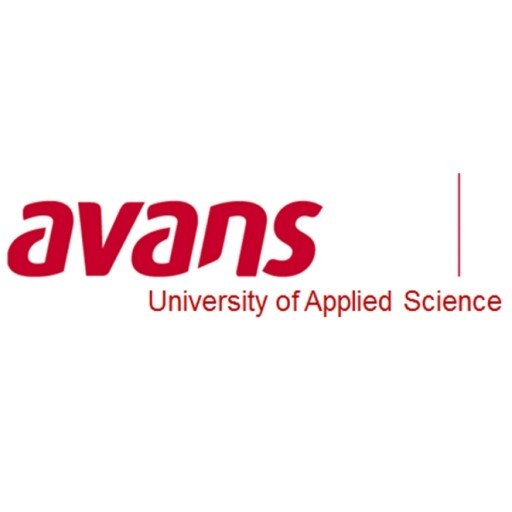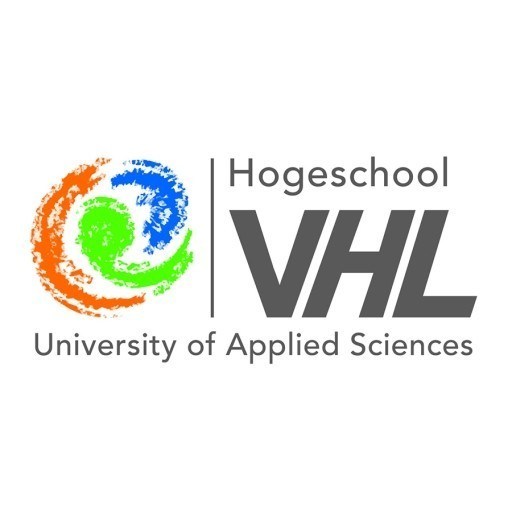Photos of university / #universiteitleiden
The Master’s programme in Molecular Science and Technology at Leiden University provides students with an in-depth understanding of molecular processes and their applications across various scientific disciplines. This programme is designed for students with a keen interest in the fundamental aspects of chemistry, biology, and physics, integrated through a molecular perspective to address complex scientific questions and develop innovative solutions. Throughout the programme, students acquire advanced knowledge of molecular interactions, spectroscopy, materials science, biochemistry, and nanotechnology, enabling them to analyze, design, and manipulate molecules with high precision. The curriculum emphasizes a strong theoretical foundation complemented by practical laboratory skills, fostering an environment of active research and innovation. Students have the opportunity to specialize in areas such as molecular materials, biochemistry, or nanoscience, tailored to meet their individual academic and career ambitions. Leiden University’s state-of-the-art research facilities and close ties with industry and research institutions provide an excellent platform for hands-on experience and collaborative projects. The programme aims to prepare graduates for careers in academia, research institutes, pharmaceuticals, biotechnology, and advanced materials industries. It combines rigorous scientific training with professional development, equipping students with critical thinking, problem-solving skills, and the ability to communicate complex scientific concepts effectively. With a focus on sustainability and societal relevance, the programme encourages students to consider ethical and environmental implications in molecular research. Upon successful completion, graduates will be well-equipped to contribute to cutting-edge scientific advancements and technological innovations in various scientific and industrial sectors.
The Master's programme in Molecular Science and Technology at Leiden University offers a comprehensive and multidisciplinary education designed to equip students with advanced knowledge and practical skills in the field of molecular sciences. This programme integrates principles from chemistry, physics, and biology to understand the structure, function, and dynamics of molecules that are fundamental to numerous scientific and technological applications. Throughout the programme, students will explore topics such as molecular spectroscopy, nanotechnology, organic and inorganic chemistry, materials science, and molecular modeling, among others. The curriculum emphasizes both theoretical understanding and hands-on laboratory experience, enabling students to develop expertise in designing and characterizing molecules and materials with specific properties.
Students can expect to engage in cutting-edge research projects, often in collaboration with leading scientific institutes and industry partners. This practical research experience prepares graduates for diverse careers in academia, research institutes, pharmaceutical companies, nanotechnology industries, and other high-tech sectors. The programme also fosters critical thinking, problem-solving, and scientific communication skills, which are essential for success in innovative scientific environments. Moreover, students have access to state-of-the-art laboratories and facilities, allowing them to gain practical skills in techniques such as chemical synthesis, microscopy, spectrometry, and computational modeling. The Master's in Molecular Science and Technology at Leiden University not only provides a solid scientific foundation but also encourages the development of innovative approaches to solving complex molecular problems that are relevant to both scientific advancement and technological innovation. Graduates will be well-prepared to contribute to the development of new materials, pharmaceuticals, and molecular devices, driving progress in various scientific and industrial fields.
Other requirements
- minimum kennis (ISPAC: overige vereisten) Verplichte basiskennis: * Nederlandse taal Dutch A * Physics
The Molecular Science and Technology master's program at Leiden University offers a variety of financing options for both Dutch and international students. Funding opportunities include government grants, scholarships, student loans, and sponsorships, which are designed to support students in covering tuition fees and living expenses throughout their studies. Dutch students can often access the standard student financing scheme provided by the Dutch government, which includes a combination of loans and grants based on financial need and academic progress. International students are encouraged to explore scholarships provided directly by Leiden University, such as the Holland Scholarship, which aims to attract talented students from abroad, and other external funding sources like Erasmus+ scholarships and country-specific grants.
Leiden University also participates in various international scholarship programs, offering partial or full tuition fee waivers for outstanding applicants. Additionally, there are research assistantships and teaching assistant positions available for master's students, which provide stipends and practical experience relevant to their field of study. Prospective students should carefully review the specific eligibility criteria and application procedures for each funding opportunity, as deadlines and requirements vary. For students who do not qualify for scholarships or grants, private loans and sponsorships from employers or government agencies in their home countries may also be viable options.
Effective financial planning is essential, and students are advised to start exploring funding options early in the application process. The university’s admissions and financial aid offices provide detailed information and assistance to help students navigate their funding options and ensure they can focus fully on their academic and research activities. Overall, studying Molecular Science and Technology at Leiden University can be financially manageable through a combination of scholarships, loans, employment opportunities, and personal or family support, enabling students to pursue their academic goals without undue financial stress.
Molecular Science and Technology at Leiden University is a comprehensive program designed to provide students with in-depth knowledge and practical skills in the core areas of molecular science. The program focuses on the study of molecules, their structures, properties, and reactions, with applications spanning chemistry, physics, biochemistry, and materials science. Students can expect a curriculum that combines theoretical coursework with laboratory work, fostering both scientific understanding and technical competence.
Throughout the program, students explore topics such as organic and inorganic chemistry, physical chemistry, molecular spectroscopy, quantum mechanics, and nanomaterials. Advanced courses delve into modern research techniques and computational methods used to analyze molecular systems. The interdisciplinary nature of the program prepares students to address complex scientific questions and contribute to innovations in pharmaceuticals, materials development, and environmental science.
Leiden University emphasizes a research-oriented approach, offering students opportunities to participate in ongoing research projects under the supervision of experienced faculty. This practical experience helps students develop critical thinking, problem-solving skills, and laboratory proficiency. The program also includes modules on scientific communication and research ethics, preparing graduates for careers in academia, industry, or further postgraduate studies.
The university's facilities include state-of-the-art laboratories equipped with advanced instrumentation such as NMR, mass spectrometry, electron microscopy, and computational clusters. Students are encouraged to engage in internships and collaborative projects with industry partners, enhancing their professional readiness and networking prospects. The program typically spans three years for a Bachelor's degree and one or two years for a Master's, culminating in a thesis that demonstrates independent research capabilities.
Graduates of the Molecular Science and Technology program at Leiden University are equipped with a solid foundation in molecular sciences and are prepared for diverse roles in R&D, quality control, scientific consulting, and higher education. The program’s international orientation attracts students from around the world, fostering a vibrant academic community focused on scientific excellence and innovation. Overall, this program aims to cultivate skilled scientists capable of advancing molecular science research and its applications for societal benefit.






